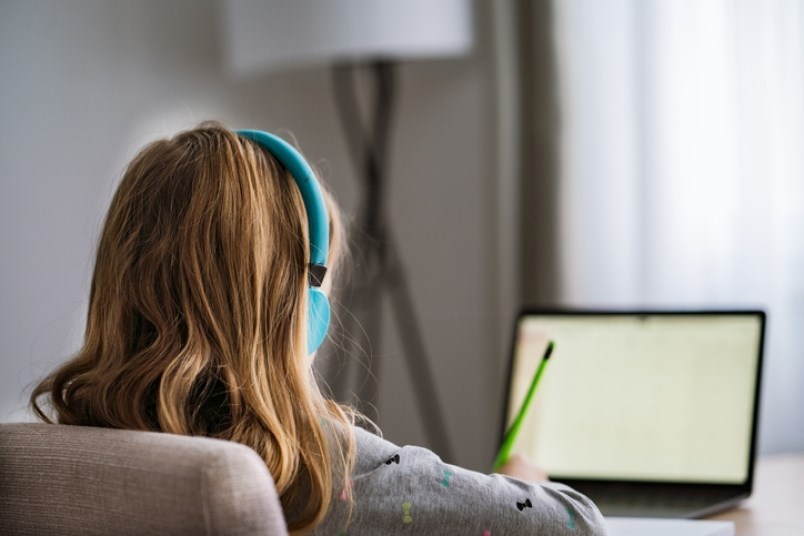The pandemic has taken a toll on most people. But, local experts say children and teenagers are particularly impacted, both mentally and emotionally, with an increase in anxiety and depression.
“It’s the back and forth between online schooling and going back to school, it’s been really challenging and confusing,” said one concerned grandparent, Kathy Spiszic, from Cambridge.
Her eight-year-old granddaughter Natasha is excited about going back to school, but she is worried about being infected with COVD-19.
“It never ends. It’s always a worry. And I’m not sure that going back to school is a good idea,” Spiszic said.
“What if it too soon? Is it safe? How will her mother know that her daughter hasn’t been exposed to the virus? There are still so many questions.”
The provincial government has announced that children will return to in-person learning on Monday, after a two-week period of remote learning.
It’s this pivoting, that local experts say affects children and teens.
“The pandemic has had a huge impact on families, and I can understand their frustration,” said Krista Sibbilin, director of Services at the Canadian Mental Health Association Waterloo Wellington.
“Children worry, but it is also a worry for parents. Their jobs are affected, and there are financial impacts. The pandemic affects families as a whole. This back and forth between online and in-person learning is difficult for kids. It’s fear of the unknown.”
Sibbilin said children and parents are fatigued.
“This last closure has really caused stress for many families. They have waited so long to get back to a routine. Trying to balance work and children learning from home, everyone is tired,” Sibbilin said.
Younger children, in particular, have to deal with increased separation anxiety during in-person school after having adapted to being at home with their parents during remote learning.
Part of the problem, Sibbilin said, is that the pandemic has stretched on for so long, leaving families in a state of limbo and uncertainty.
“There are many children who are tired of online learning. And their parents are tired of trying to support them at home while also trying to work remotely.”
Sibbilin said for many children and teens, online learning can create feelings of social isolation and loneliness.
“When you are looking at a screen, you miss out on the surroundings around you, your friends, or a smile. All of these things are so important for children to develop and grow,” Sibbilin said.
“And in adolescents, there has been a rise in anxiety and depression since the pandemic began.”
On-line learning can be un-motivating and discouraging according to Sibbilin.
“For teens especially, not being in school, and missing that social component has been very hard on them.”
Whether children are heading back to the classroom or continuing to learn online, the key Sibbilin said, is getting back into a routine.
“Create a designated workspace for children and keep regular bedtime routines going. Healthy eating as well as getting outside are also very important,” Sibbilin said.
Even though contact with others it is limited and social distancing is recommended, Sibbilin said it important to maintain relationships with family and friends.
“It’s important to talk about their child’s feelings and to be realistic about what they are feeling when offering support,” she said.
As families in Waterloo Region families prepare for the return of in-class learning on Monday, both the Waterloo Region District School Board and Waterloo Catholic District School Board say they will provide a ‘short term’ option for families not comfortable with sending their children back to school.
“Remote learning is good for some and not for others,” Sibbilin said. “Know what it looks like for your child and understand your child. Don’t put so much pressure on yourself and your child during these difficult times.”
For families feeling overwhelmed, Sibbilin said there is help.
“For anyone feeling alone, they can contact their family doctor for support. They can also reach out to us at the Canadian Mental Health Association Waterloo Wellington.
“We want them to reach out. We have certainly seen an increase in stress and anxiety, and we have received an increase in calls, especially with this last closure. We are here to help,” Sibbilin said.
The Canadian Mental Health Association Waterloo Wellington offers a helpline as well as a kids helpline.
The ‘Here4Help’ website offers resources for parents and children.
“The important thing is to try to stay positive,” Sibbilin said.
“We want to continue to have hope.”
For more information about the Canadian Mental Health Association Waterloo Wellington, visit here.



